The first book ever published was the Gutenberg Bible (ca. 1455), but prose and poetry existed well before that. In its earliest form it was memorized and passed on orally. Rhyming the text as well as keeping it short helped in memory retention.
The Pyramid Texts ca 2500 BC are perhaps the earliest known examples of written texts. Their permanence was ensured since they were engraved directly on walls and pillars. The Rigveda ca 1500 BC was written on birch bark and palm leaves, but primarily passed down orally with remarkable meticulousness and precision. The earliest discovered written manuscript is dated to the medieval period.
From permanence to ethereal - today many of us are no longer able to touch letters that we read. Digital subscriptions allow libraries to lend out audio and e-books. Perhaps some time in the future our descendants will have no idea of what we used to read.
Our family has a reading tradition that has thankfully been passed down through the generations. It's not uncommon to find us completely absorbed in a book (or two). As a limerick (rhyming of course!) goes:
There once was a bookworm so keen,
Who read every tale in between.
With each turn of the page,
They escaped from their cage,
To worlds neither heard nor seen.
(Originally “he escaped …”, but in the current woke era …)
Apart from the moving pictures (list here), I read a lot of books as well, especially on European flights where I find that the engine sound overpowers my headset. It is also easier to sleep (which, I have been heard to say, is the best way to fly!) if I don’t have a tablet sitting on my lap!
It is not always possible to remember everything that I read, and this is where my Goodreads list comes in handy.
There are so many good books out there, and my tastes, once again, run towards the eclectic. I have been binge reading the Michael Connelly series (Harry Bosch and Lincoln Lawyer), but my best books this year cover a much wider range of subjects. My admiration for authors (it can be a lonely art) also knows no bounds as I wrote in my previous post on movies and TV.
(Authors of books, both fiction and non-fiction, fall in the same category; though the people they collaborate with don’t get the same kind of visibility and the author takes the entire credit or blame for the output.)
I rely on recommendations from friends and family (thanks to Srishti for some wonderful reads), as well as random mentions in the press to choose the books I read. Of late, I have been trying to overcome the habit of ploughing through a book even if I am not enjoying it much. Sunk cost fallacy, I repeat to myself as I leave a book unfinished!
As it turns out, my best books this year are almost entirely in the non-fiction category. Here goes, in no particular order, my 5 star books:
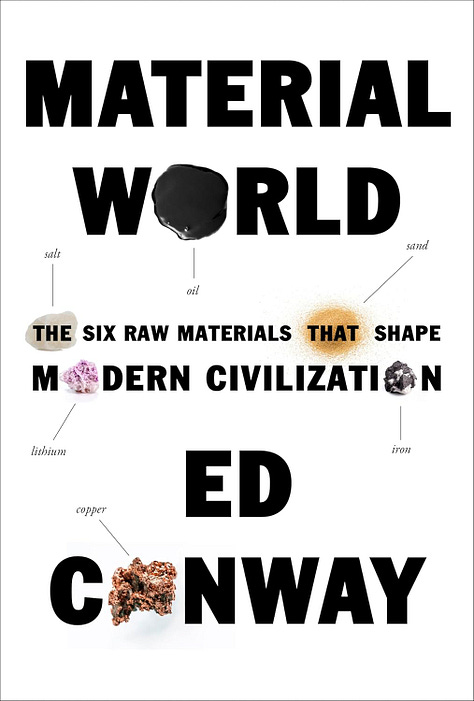
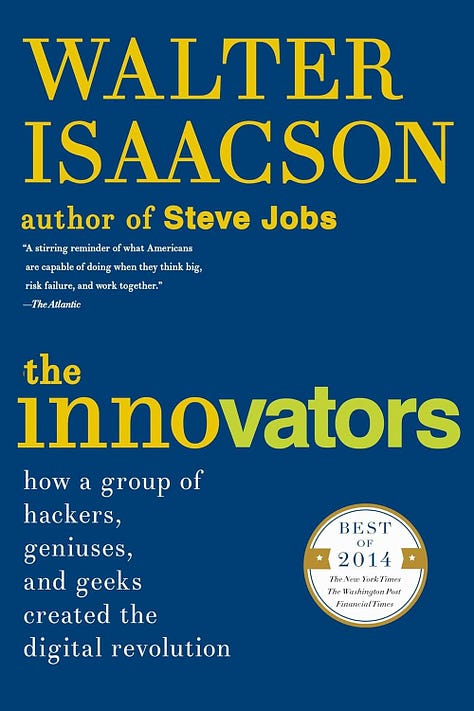
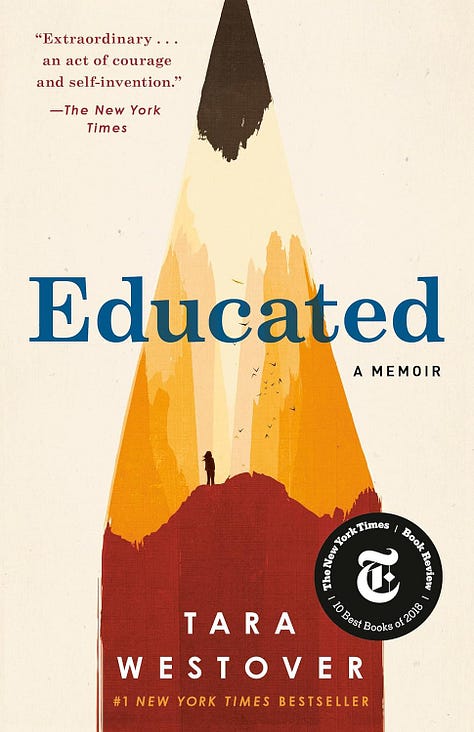
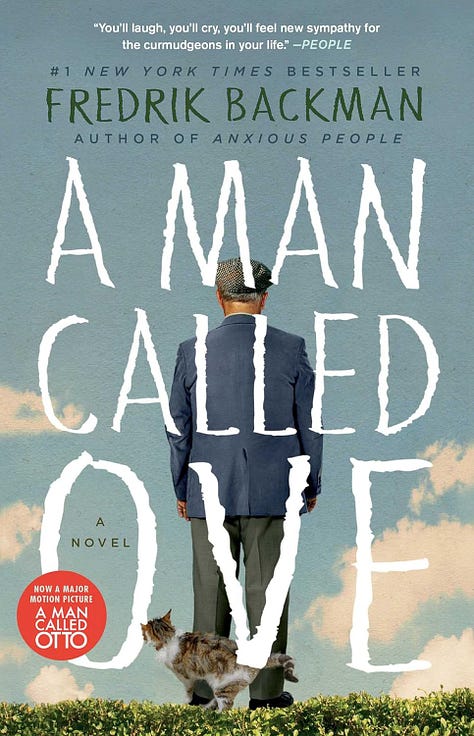
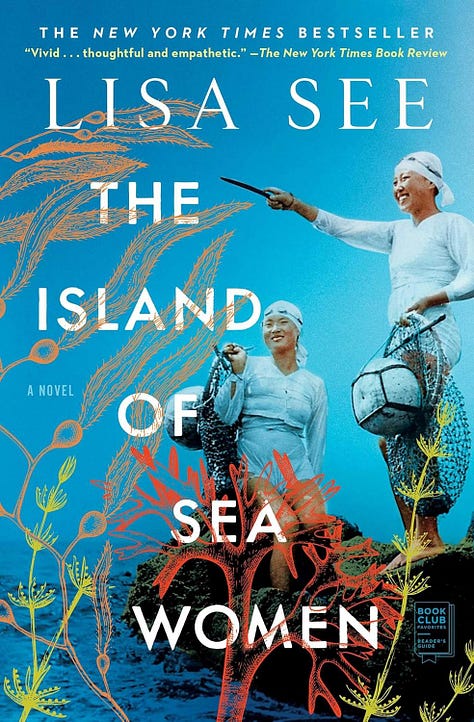
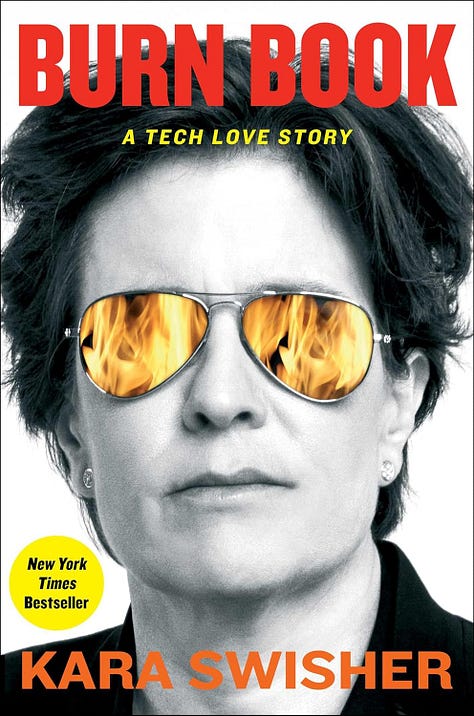
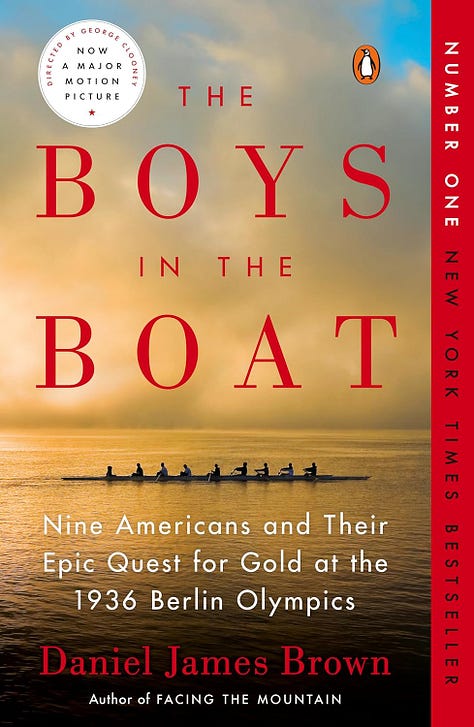
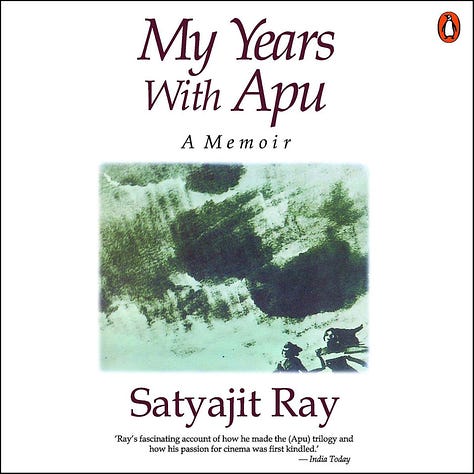
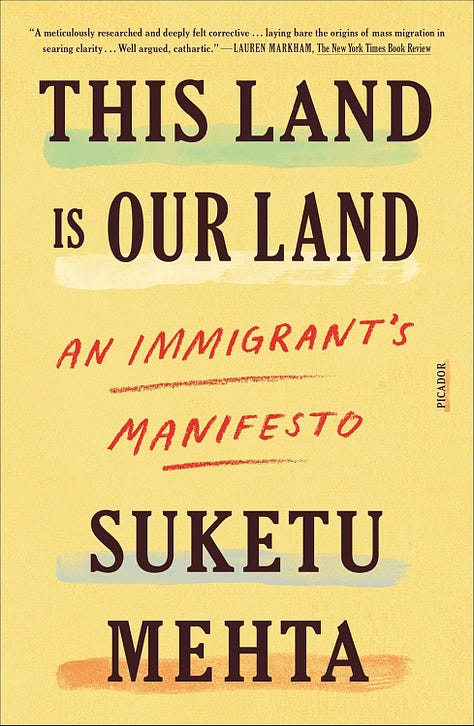









Material World, the six raw materials that shape modern civilization; by Ed Conway (2023). Sand, salt, iron, copper, oil, and lithium. These fundamental materials have created empires, razed civilizations, and fed our ingenuity and greed for thousands of years. Without them, our modern world would not exist, and the battle to control them will determine our future. Reads like a thriller.
The Innovators: How a Group of Hackers, Geniuses, and Geeks created the digital revolution; by Walter Isaacson (2015). Walter Isaacson’s revealing story of the people who created the computer and the Internet. From obscure to everyday names, this is the story of how their minds worked and what made them so inventive. It’s also a narrative of how their ability to collaborate and master the art of teamwork made them even more creative.
Elon Musk, by Walter Isaacson (2023). I have never been a fan of Elon Musk, but I wanted to know more about this man who had had such a strong influence in the 21st century so far. With Mr. Isaacson at his best, I am glad that I read this book. The fact that Musk declined the opportunity to read the draft or influence the contents of this biography is pretty impressive in itself.
Educated, by Tara Westover (2018). She was born to survivalists in the mountains of Idaho, and did not set foot in a classroom until the age of 17. Her family was so isolated from mainstream society that there was no one to ensure the children received an education. A violent brother was not restrained by anybody. When another brother got himself into college, Tara decided to try a new kind of life. Her quest for knowledge transformed her, and her memoir is a remarkable story of failure and grit. A true story, and for me, an insight into a world that I did not know existed.
A man called Ove, by Fredrik Backman, Hennig Koch (Translator) (2015). I have already mentioned the movie version of this book in my previous post. You will laugh and you will cry.
The island of sea women, by Lisa See (2020). Pre WWII - It is the women of Jeju Island in South Korea who provide for the home by working the sea while the men look after the home and children. The story takes place over many decades, beginning during a period of Japanese colonialism in the 1930s and 1940s, followed by World War II, the Korean War, through the era of cell phones and wet suits for the women divers. Friendships are made and broken. Having traveled to Seoul 50 or more times, nobody ever told me of the singular history of this island - just that it’s the Hawaii of South Korea. Heartrending, brutal, thoughtful and empathetic.
Burn Book, by Kara Swisher (2024). We know Swisher as a bad ass journalist and chronicler of Silicon Valley for over 30 years. Here she tells us about all the tech titans, the damage done by the industry yet remains optimistic about its future.
The boys in the boat, by Daniel James Brown (2014). An unlikely quest by a group of nine diverse young men who come together to train for and race in the 1936 Berlin Olympics against Adolf Hitler’s top notch German team. A true life story of this remarkable effort - emotional and gritty.
My years with Apu, by Satyajit Ray (1960s). An absorbing memoir from a legendary film maker and one of the greatest directors of our time about how his career started and how he made his first film.
This Land is our Land, an Immigrant’s manifesto, by Suketu Mehta (2019). We know Mehta from his book Maximum City, and here he delves into the pros and cons of migration and why the West must accept migrants. It is not just an economic issue for him, but also a colonial one. When asked “why are you here?”, he responds “we are here because you were there”. Being an immigrant myself, this book resounded with me. Another great book on migration, this time climate oriented is Nomad Century, how climate migration will reshape our world.
So there you are - that’s my top 10 list. There are a couple of other books I could have included, being Erik Larsen’s superb narration of Chicago’s World Fair in the 1890s and the first year of Churchill as a Prime Minister during WWII - they would have been worthy inclusions.
I am going to end with a doha (couplet) from Kabir (a 15th century Indian poet and saint)
“पढ़ि पढ़ि जग मुआ, पंडित भया न कोय।
ढाई आखर प्रेम का, पढ़े सो पंडित होय।”
Loosely transliterated, it says that no one becomes wise just by reading a lot, wisdom comes from reading 2 1/2 letters of love which teach you compassion and connection.
My thanks to all my family and friends who touched my life in different ways this year and contributed to my well-being and happiness. A special shout out to the two little angels in my life who shower me with love and hugs without judgement.
Wishing all of you a wonderful holiday season and best wishes for the year ahead. Looking forward to more meets in 2025.
As usual, thanks for reading this post. Please like, comment, share and subscribe for free to receive new posts and support my writing.

The nicest part is the comment about the two little angels :D.